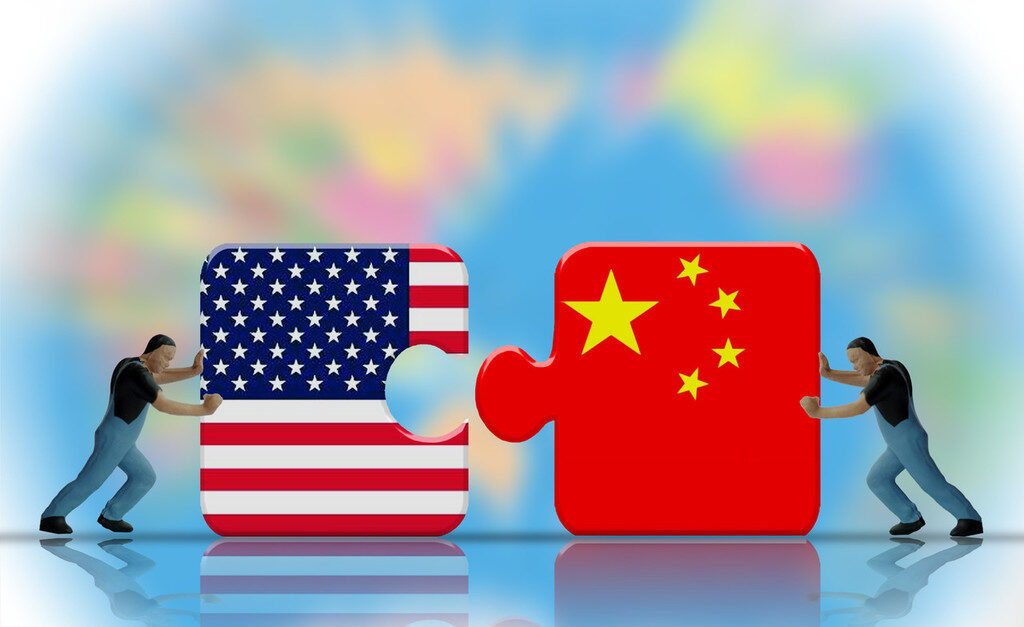- Web
- Feb 20, 2026
US seeks extension to controversial science agreement with China
-

- Hum News
- Aug 24, 2023

WASHINGTON, (Reuters): The United States is seeking a six-month extension to a decades-old science and technology agreement with China so that it can undergo negotiations with Beijing to “strengthen” the pact, the State Department said on Wednesday.
The landmark deal, signed when Beijing and Washington established diplomatic ties in 1979 and renewed about every five years since, has shown that the geopolitical rivals could cooperate across a range of scientific and technical fields.
But concerns about China‘s growing military prowess and theft of US scientific and commercial achievements have prompted questions about whether the Science and Technology Agreement (STA), set to expire on August 27, should continue.
“This short-term six-month extension will keep the agreement in force while we seek authority to undertake negotiations to amend and strengthen the terms of the STA. It does not commit the United States to a longer-term extension,” a State Department spokesperson told Reuters.
Read More: North Korea launches space rocket months after failed satellite attempt
The department said the deal provides consistent standards for government scientific cooperation, and if it lapsed each agency would have to negotiate individual arrangements with Beijing.
“We are clear-eyed to the challenges posed by (China‘s) national strategies on science and technology, Beijing’s actions in this space, and the threat they pose to US national security and intellectual property, and are dedicated to protecting the interests of the American people,” the spokesperson said.
China‘s embassy in Washington did not immediately respond to a request for comment, but Chinese officials have expressed a desire to extend the deal.
Republicans have said the deal should be scrapped, citing concerns about industrial espionage, forced technology transfers and other tactics that could fuel China‘s military modernisation.
Republican US representatives Andy Barr, Neal Dunn and Rob Wittman – all members of the US House of Representatives’ select committee on China – this week proposed a bill that would require congressional notification for any such deal with China.
Should it become law, the State Department would need to provide Congress with assessments of security risks, technology transfers and the US ability to monitor China‘s commitments within a set number of days or any agreement would be revoked.
Barr told Reuters he was disappointed that the Biden administration was looking to re-enter the agreement despite the “grave concerns” raised by the committee.
“I look forward to advancing my legislation before the six-month extension period requested by the State Department expires to ensure Congress has vigorous oversight of any ongoing or future science and technology agreements between the US and the CCP (Chinese Communist Party),” Barr said.
Proponents of renewing the deal argue that without it, the US would lose valuable insight into China‘s technical advances. Nonetheless, many analysts say the agreement must be reworked to safeguard US innovation in a time of heightened strategic competition with China.




